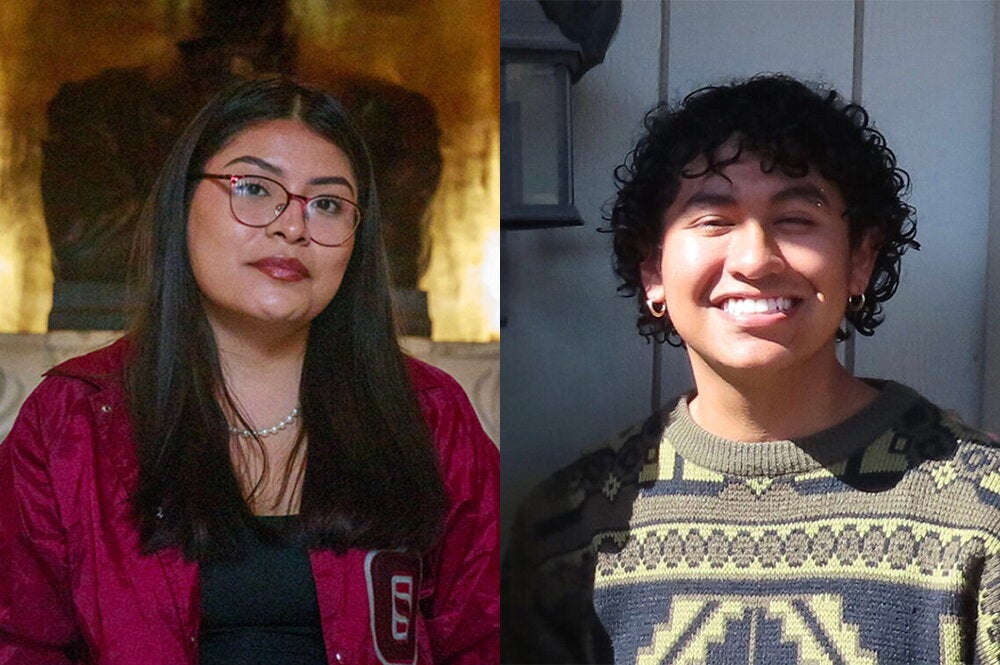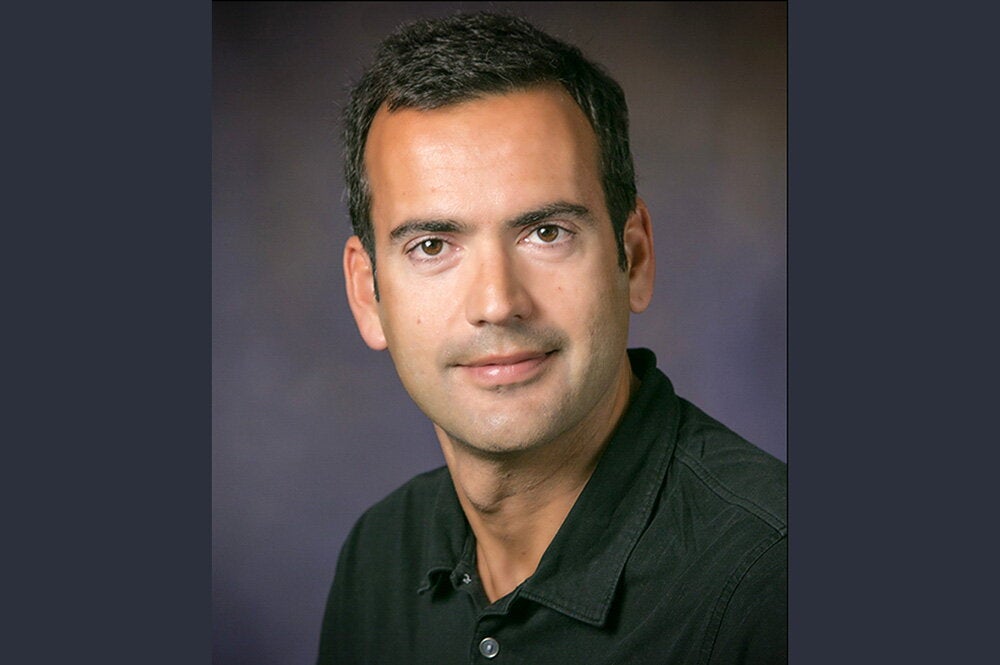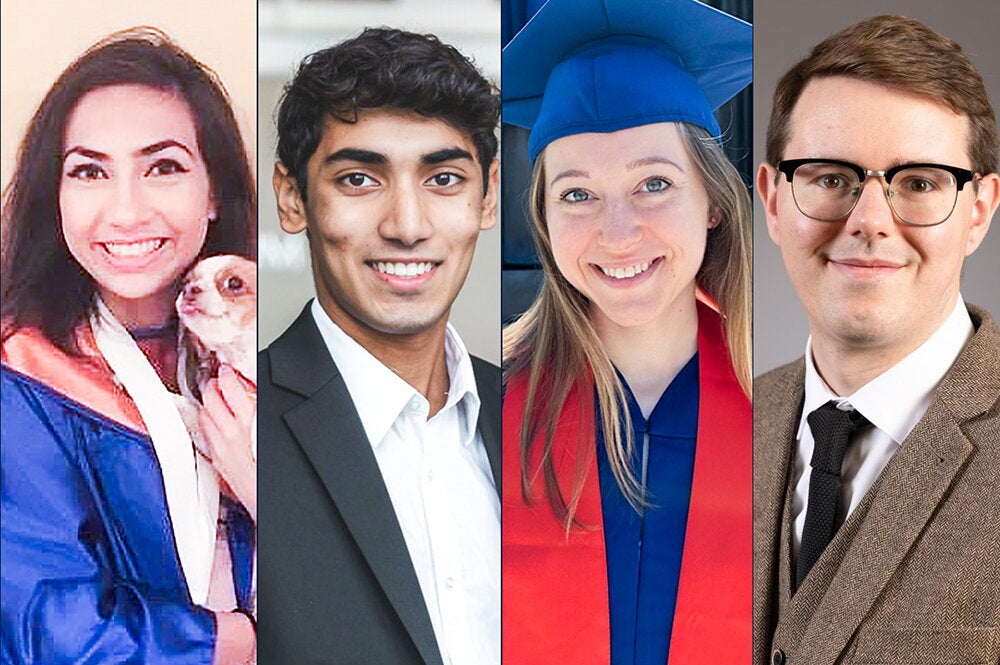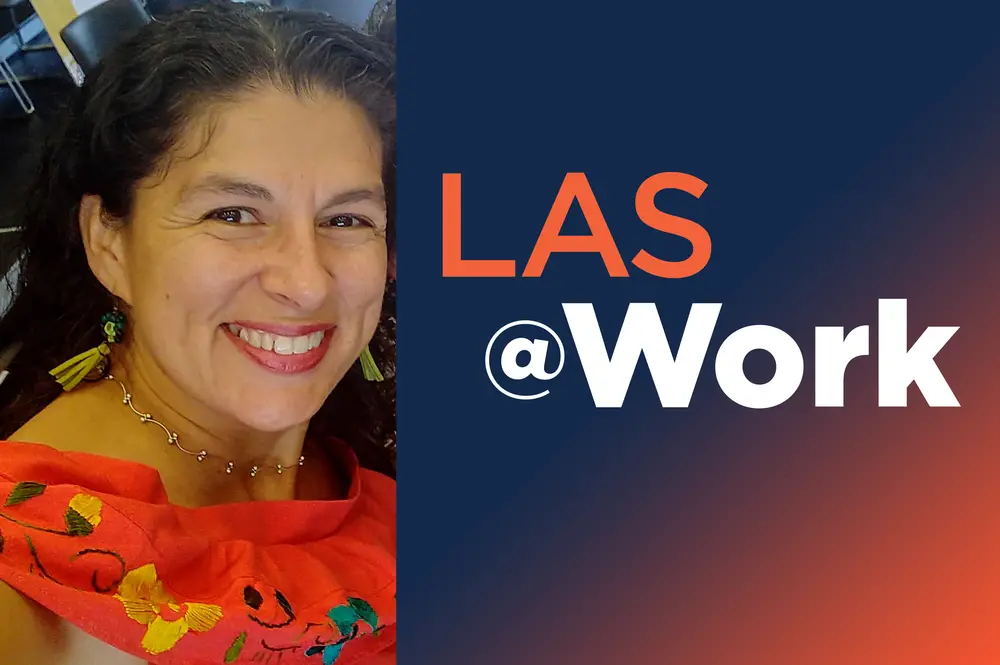
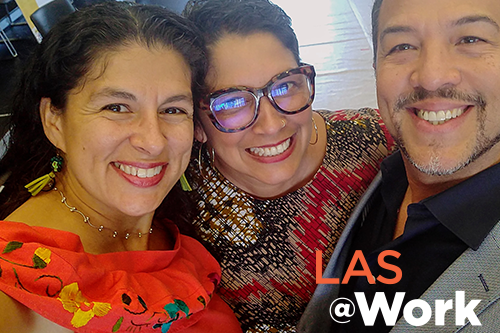
Heather Ana Hathaway Miranda (BA, ‘95, Spanish) knows the pain of being marginalized.
In her life she has experienced racism and fear of differences, including during her time as an undergraduate at UIUC; however, in these challenging moments, Hathaway Miranda, of Downers Grove, Ill., found allies and built friendships around the foundation of inclusion, healing, and education.
“These friendships and allyships have grown and/or resurfaced over the years in astounding ways, bringing me true joy and even several work opportunities and collegial relationships,” she explained. This is the path that lead to her professional work as a DEI consultant and racial healing practitioner for her company, Hathaway Miranda LLC.
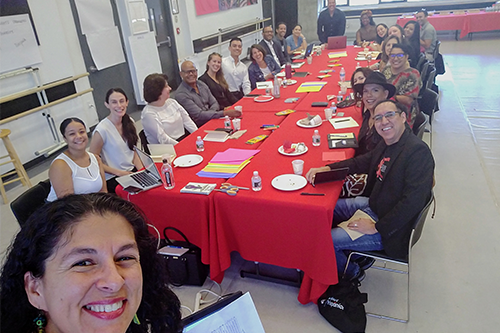
Family:
Spouse: MAJ. Jose Evaristo Perez (an Army officer with more than 30 years of service)
Son: Jade Leo Hathaway Miranda
Briefly describe a typical workday at your current position.
Honestly, it is difficult to describe a “typical” workday. Every day is raw, different, and fresh with a new challenge related to education and advocacy, social justice, and diversity, equity, and inclusion.
Since I currently work as a consultant with my own business, on any given day, the following could happen: a strategic planning meeting with Broadway performing artists and/or with Luis Salgado, CEO/Co-Founder/Artistic Director of R.Evolución Latina; facilitating a Racial Healing Circle; designing and developing anti-racism curriculum for PODER, a non-profit with English language learning adult students; helping a client through diversity, equity, and inclusion (DEI) consulting work; leading an educational workshop on various topics related to DEI; writing, preparing, or giving a public talk; teaching a class; mentoring BIPOC youth; and/or diving deeper into DEI and social justice scholarship. As a survivor of domestic violence, I make time to volunteer by frequently advocating publicly for survivors of domestic violence and regularly supporting Metropolitan Family Services’ Family Shelter Service as a highly sought-after public speaker, especially to help the agency acquire funding for their programs and shelter.
No matter how my day may unfold, I always have the goals: 1) to help improve humanity by doing my own personal work of healing from the trauma of racism and other traumas I have experienced, 2) build deeper levels of collective compassion and empathy, 3) do my diligent part to eliminate ‘isms’, and 4) plant seeds for positive change.
What I find most fascinating about my work is that it doesn’t always feel like work. My whole life, I have been someone to volunteer for things I believe in and live in a way that is aligned with my belief system, unapologetically. It is fascinating to be able to, through my bicultural/bilingual positionality, build bridges between diverse humans, improve human relations, help survivors of interpersonal violence, and support opportunities for access to the arts for marginalized children and communities---and be paid to do what is necessary, feels right, and is just.
Describe your career path from college graduation to your current job.
My career path has been non-traditional and non-linear which has afforded me opportunities to weave my expertise, personally and professionally. I do my best to be a voice for marginalized individuals and groups in the pursuit of social justice. As a lifelong learner, BIPOC professional, and bilingual scholar-activist, I have zigzagged in and out of institutions of higher education, arts-focused groups, community-based organizations, non-for-profits, medical settings, as well as P-12 classrooms. My career path has been supported by incredible mentors, colleagues, students, and community members who have invited me and pushed me in new directions. I have landed in positions where I conduct research, educate and advocate, and create safe spaces for authentic dialogue.
In hindsight, what about college best prepared you for your life and career?
While at the University of Illinois, what was amazing is that what I experienced was actually preparing me to do the diversity, equity, inclusion, and belonging and the social justice work that I currently do. The challenging experiences I endured during my undergraduate years helped me develop the skills for my own healing and to facilitate and help various communities healing from their traumas. My lived undergraduate years helped me express and vocalize the experiences of being “othered” and marginalized. This absolutely led me on the path to where I am now--to help others, and myself, on a journey of healing…racial healing and healing from various traumas.
While my university experience was overall good, there were times my identity was attacked, dismissed, or stifled, as a Latina, as a woman, as a first-generation student, and as someone who is bicultural. This further fueled my desire to understand racism, extreme behaviors and attitudes, and fear of differences.
We don’t have to remain distant from others who are different. I have drawn upon those isolating moments to pull strength to help others feel included and that they can change for the better if they just get a little uncomfortable to grow.
How did your major prepare you for your career?
I have used Spanish in almost every professional position I have had over the last 25 years. Therefore, the formal study of learning Spanish (four years in high school and my bachelor’s degree from UIUC) gave me a strong foundation to expand my linguistic knowledge to become fully bilingual, both professionally and personally, and to utilize Spanish in various settings such as research (focused on: farmworkers, diabetes, quality of life, problem-solving), interpretation and translation, community work, grassroots activism, and student services. I also have been able to travel to over half of Latin America where I volunteered, studied in two universities, and built and fostered lifelong relationships.
What do you like to do when you’re not working?
I truly enjoy laughing till I cry happy tears, spending time outdoors, dabbling in photography, dancing to Chicago House music, reading work by BIPOC authors, taking road trips, camping, gardening, playing, creating, and laughing with my radically-loving 8-year-old, learning to be a military spouse, storytelling and listening to my partner, friends, and fellow humans.
